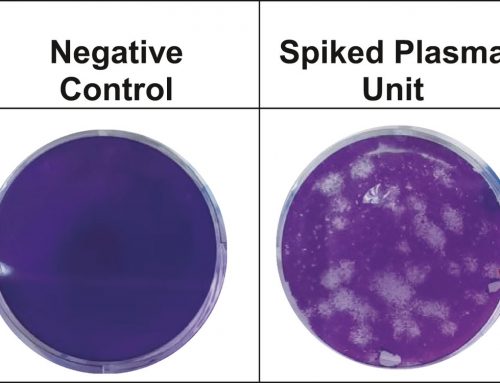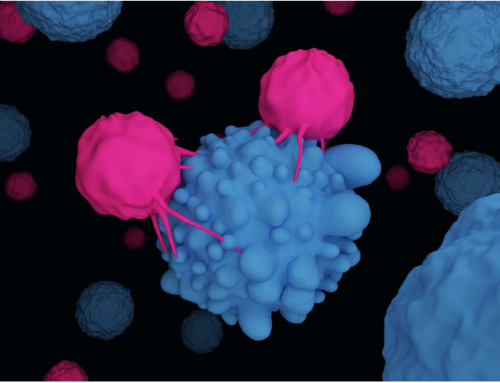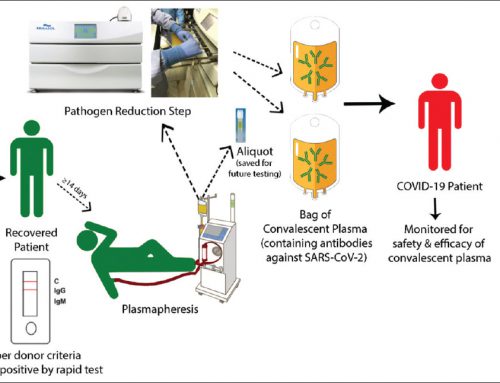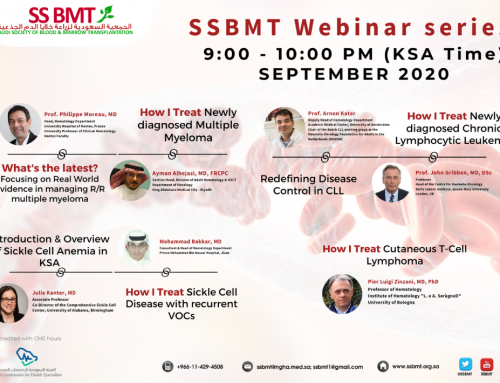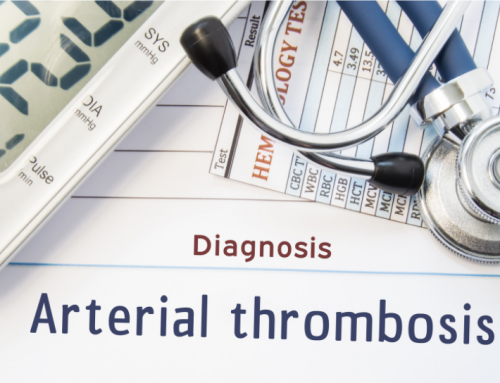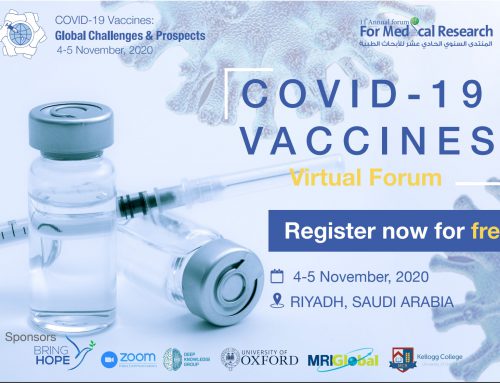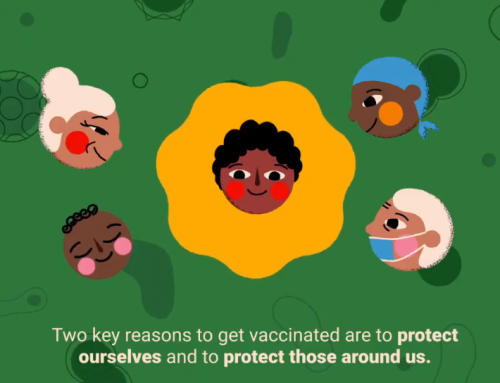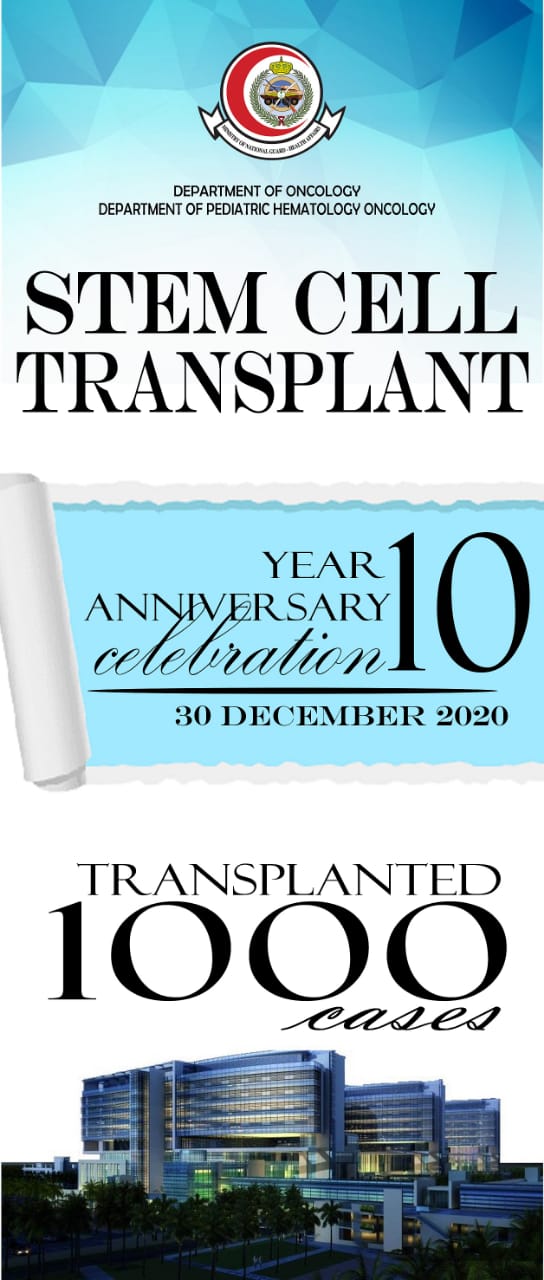
Mohsen Alzahrani
The Stem Cell Transplant Program in Health Affairs of the National Guard in Riyadh has completed ten years since its opening in 2010, as it has been full of success and continuous development. One of the most important successes that have been achieved is the steady increase in the number of transplanted cases and the variety of diseases treated with stem cell transplant. Today we are celebrating 1000 successful transplants since the beginning of the program. In 2018 and 2019, 10% of these cases were performed in an outpatient setting without the need for admission in adult group. Transplantation is done for most of the diseases that benefit from stem cells and is recommended globally, from malignant to hereditary blood diseases to genetic or acquired immune system disorders such as multiple sclerosis.
Our Stem Cell Transplant Center is characterized by the availability of all types of transplantation including autologous and allogeneic transplantation from another donor, whether identical or half-identical, as well as from umbilical cord blood. The program is also distinguished by the availability of the umbilical cord blood bank and the internationally recognized Saudi registry for stem cell donors (SSCDR), which provides more than 70 thousand volunteer donors to patients if no donor is found from the family. The admission unit for adult stem cell transplantation is the largest unit in the region, with 23 transplant beds for adult patients and 10 beds for pediatric patients.
Our center is considered one of the largest transplant centers in treatment of hereditary blood diseases such as sickle cell anemia, with more than 200 transplanted sickle cell anemia patient done over last 5 years, with a success rate of more than 95% matching the results of the most prestigious international hospitals. Clinical research work has been initiated in partnership with research centers nationally and internationally, some of our research activities have been presented in large international conferences and published in the most prestigious scientific journals.


